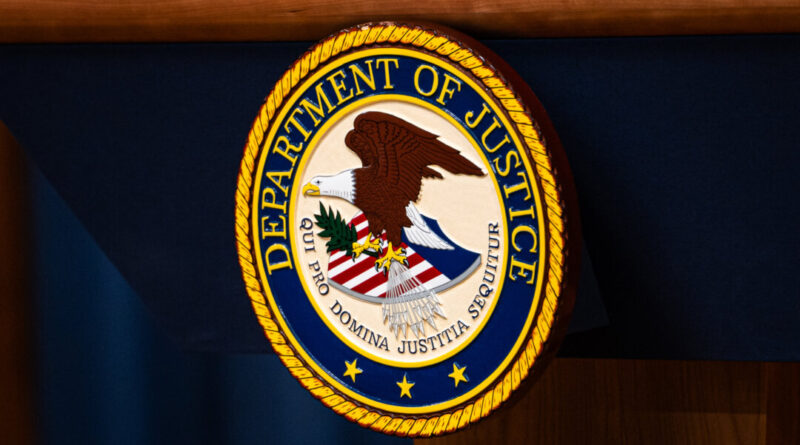DOJ Declares Job Protection Regulations for Administrative Law Judges Unconstitutional
“The considerable power wielded by unelected and constitutionally unaccountable administrative law judges (ALJs) has persisted for too long,” stated Chad Mizelle, Chief of Staff of the DOJ.
On February 20, the U.S. Department of Justice (DOJ) announced its conclusion that the extensive removal restrictions protecting administrative law judges are unconstitutional and that it will cease to defend these regulations in court.
Administrative law judges (ALJs) are responsible for overseeing administrative disputes within the federal government and are appointed by the heads of executive agencies.
Mizelle added, “Following Supreme Court precedent, the Department is reestablishing constitutional accountability, ensuring that Executive Branch officials are accountable to the President and to the public.”
Harris wrote in the letter that the President “must not have limitations on his ability to remove a principal [executive] officer, particularly if that officer is limited in their ability to remove an inferior [executive] officer.”
Unlike judges presiding over federal courts, known as Article III judges due to their foundation in the U.S. Constitution, ALJs operate under different regulations.
ALJs typically handle cases involving agencies such as the Social Security Administration, the U.S. Department of Labor, and the Drug Enforcement Administration.
“Aligning with the Supreme Court’s ruling in Free Enterprise Fund, the Department has deduced that those statutory provisions infringe upon Article II by limiting the President’s ability to remove principal executive officers who, in turn, are constrained in their capacity to remove inferior executive officers,” Harris wrote.
A spokesperson for the Association of Administrative Law Judges, which represents 910 administrative law judges working at the Social Security Administration, indicated the group is awaiting additional details.
Last week, the union sought a court order to prevent Elon Musk and the Department of Government Efficiency (DOGE) from accessing their personal and employment records, citing security risks associated with the exposure of employees’ private information.
In a court filing on February 19, attorneys for Musk and DOGE asserted that DOGE and the other defendants had not made any public disclosures of sensitive personal information.
The Epoch Times has reached out to the White House for a statement.
Reuters contributed to this report.




